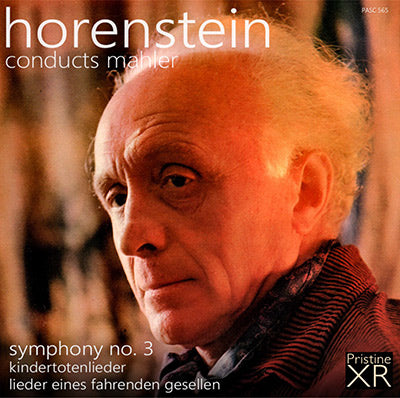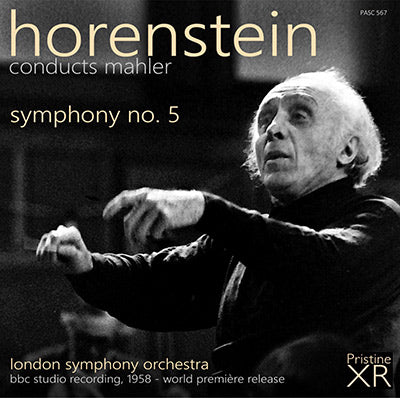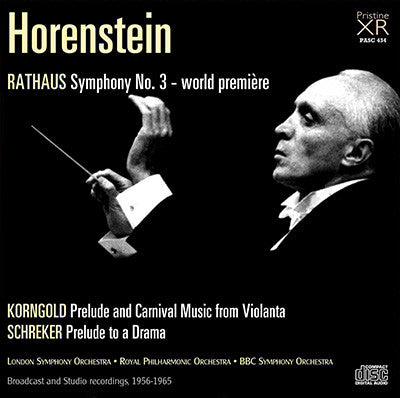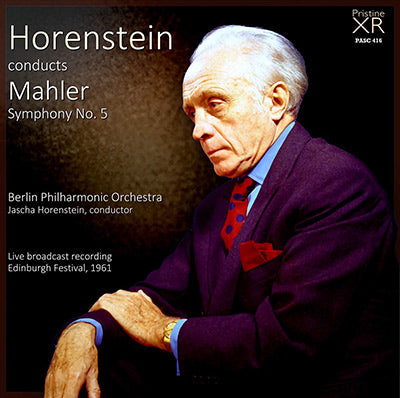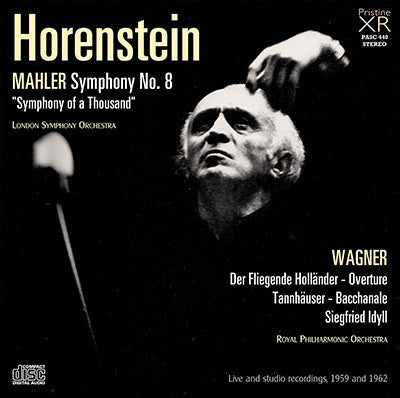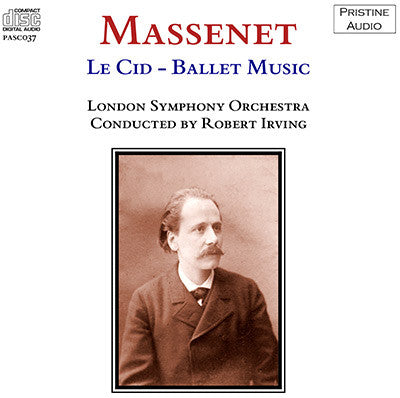London Symphony Orchestra
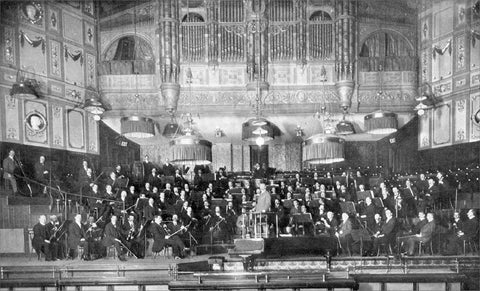
The LSO underwent periods of eclipse in the 1930s and 1950s when it was regarded as inferior in quality to new London orchestras, to which it lost players and bookings: the BBC Symphony Orchestra and the London Philharmonic in the 1930s and the Philharmonia and Royal Philharmonic after the Second World War. The profit-sharing principle was abandoned in the post-war era as a condition of receiving public subsidy for the first time. In the 1950s the orchestra debated whether to concentrate on film work at the expense of symphony concerts; many senior players left when the majority of players rejected the idea. By the 1960s the LSO had recovered its leading position, which it has retained subsequently. In 1966, to perform alongside it in choral works, the orchestra established the LSO Chorus, originally a mix of professional and amateur singers, later a wholly amateur ensemble.
As a self-governing body, the orchestra selects the conductors with whom it works. At some stages in its history, it has dispensed with a principal conductor and worked only with guests. Among conductors with whom it is most associated are, in its early days, Hans Richter, Sir Edward Elgar, and Sir Thomas Beecham, and in more recent decades Pierre Monteux, André Previn, Claudio Abbado, Sir Colin Davis, and Valery Gergiev.
Since 1982, the LSO has been based in the Barbican Centre in the City of London. Among its programmes there have been large-scale festivals celebrating composers as diverse as Berlioz, Mahler and Bernstein. The LSO claims to be the world's most recorded orchestra; it has made gramophone recordings since 1912 and has played on more than 200 soundtrack recordings for the cinema, of which the best known include the Star Wars series.

London Symphony Orchestra
MAHLER Symphony No. 3
MAHLER Kindertotenlieder*
MAHLER Lieder eines fahrenden Gesellen*
Live and *studio recordings, 1954* & 1961
Total duration: 2hr 10:39
Helen Watts, contralto
*Norman Foster, baritone
Highgate School Choir
Orpington Junior Singers
London Symphony Chorus
London Symphony Orchestra
*Bamberg Symphony Orchestra
conducted by Jascha Horenstein
MAHLER Symphony No. 5
Previously unissued BBC studio recording, 1958
Total duration: 76:55
London Symphony Orchestra
conducted by Jascha Horenstein
KORNGOLD Prelude and Carnival Music from Violanta
SCHREKER Prelude to a Drama
Broadcast and studio recordings, 1956-65
Total duration: 71:50
London Symphony Orchestra
Royal Philharmonic Orchestra
BBC Symphony Orchestra
MAHLER Symphony No. 5 - Three Recordings
Three live and studio recordings, 1958-1969
Berlin Philharmonic Orchestra, 1961 (live)
London Symphony Orchestra, 1958 (studio)
Gothenburg Symphony Orchestra, 1969 (live)
conducted by Jascha Horenstein
Save 5% when you purchase the set
MAHLER Symphony No. 8 in E flat Major ("Symphony of a Thousand")
WAGNER Der fliegende Holländer - Overture
WAGNER Tannhäuser - Bacchanale
WAGNER Siegfried Idyll Siegfried Idyll
Live and studio recordings, 1959 and 1962
Total duration: 2hr 1:13
Jascha Horenstein, conductor
Royal Philharmonic Orchestra
London Symphony Orchestra
MASSENET Le Cid: Ballet Music
Recorded in 1952
Duration 18:08
London Symphony Orchestra
Conductor: Robert Irving

